Figures revealed at the GMB’s annual Congress in Brighton today show that at the current rate of growth, the number of women in construction will equal men by the year 2194.
The union has arranged a summit with the major construction companies working on the £18bn Hinkley Point C project to discuss the lack of women in construction.
GMB will meet Hinkley bosses and contractor Doosan Babcock to discuss ways to recruit more women on the construction of the huge nuclear reactor.
Government figures show the female share of the construction industry workforce increased by an estimated 2.1% between 2009 and 2018.
At a compound average rate of 0.2% cent per year, it would take 176 years before the female share of the workforce reached 50%.
Jude Brimble, GMB National Secretary, said: “Our analysis is a sobering reminder of the scale of the challenge facing the industry.
“As a union we are committed to advancing the cause of gender equality in all industries.
“That’s why we have arranged our ground-breaking Hinkley Point summit where we will discuss with the major players how to increase the number of women in the construction of the project.”
Angela Rayner, Shadow Education Secretary, said: “These figures show the scale of the challenge but major state-backed projects like HPC are a chance for the government to step in and take action.
“Ministers should tell us how they will ensure that the opportunities they present will be open to all.
“We need to ensure that apprenticeships, for example, are available to more women and people who are historically underrepresented in certain jobs and industries.”
Nigel Cann, HPC Delivery Director, said: “At Hinkley Point C, we aim to create an environment which supports more diverse and inclusive teams and to increase the number of women in the construction phase and beyond.
“We want to support more women entering the industry and to encourage progression of those who are already working with us.”
Andy Colquhoun, Doosan Babcock CEO said: “Historically the engineering construction industry in the UK has been male dominated; Doosan Babcock’s drive in relation to diversity and inclusion in the workplace is a core element of our education, attraction and recruitment programmes.”






.jpg)









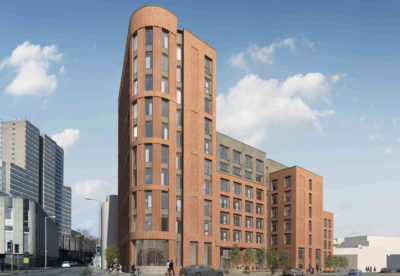



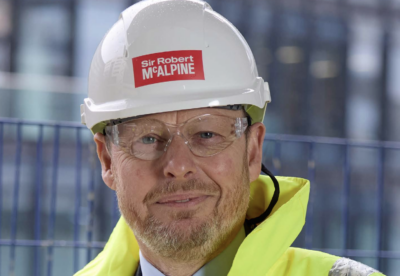
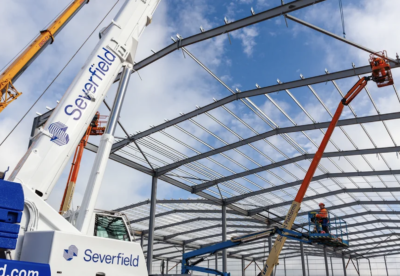
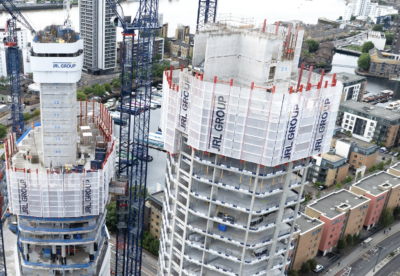

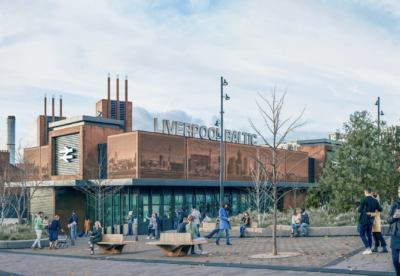






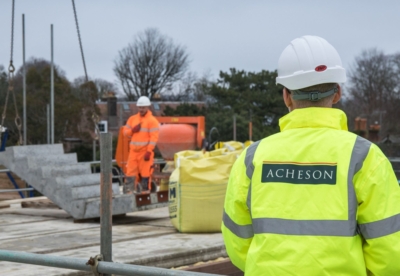
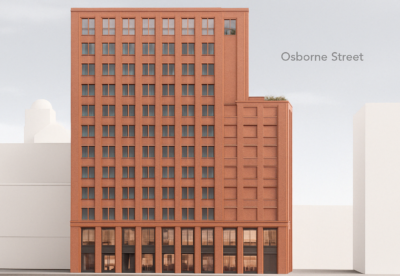


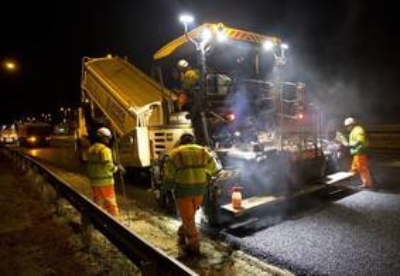
.gif)

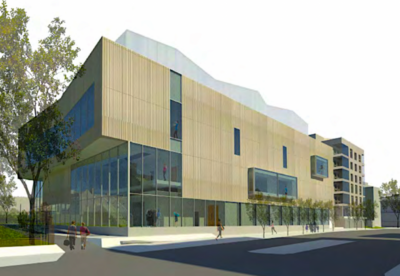
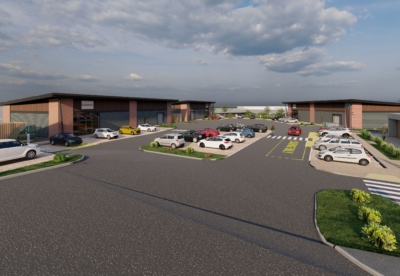

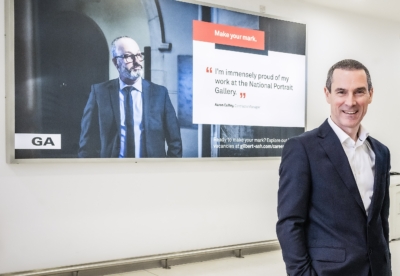
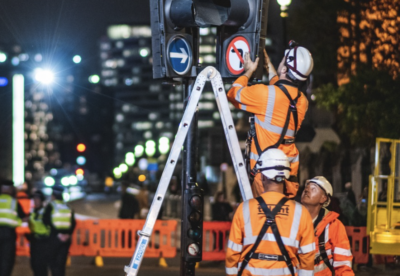









 (300 x 250 px).jpg)

